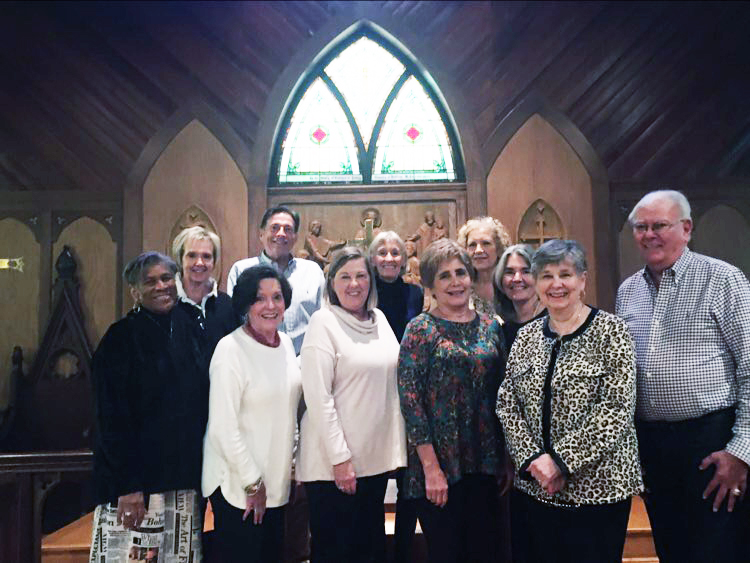Electing a Bishop
A primer on the important election process at this year’s Council
The Mississippi Episcopal Council meets on February 2-4, 2024 to elect the XI Bishop of Mississippi. Have you ever wondered, how do we Episcopalians actually elect a bishop? Is there white smoke billowing in the air when a bishop is elected?
At the Council meeting, electors are divided into two separate orders. Lay delegates, chosen by the parishes and missions of the diocese, along with one youth delegate from each convocation, comprise the lay order. Ordained priests and deacons canonically resident in the diocese comprise the clerical order. If a two-thirds majority of each order is present, the successful candidate must receive a simple majority vote from each order to be elected Bishop. Successive ballots will be conducted until the new Bishop is elected. If less than two-thirds of a particular order is present, then the successful candidate must receive a two-thirds vote from that order to be elected.

The Diocesan Altar Guild met Nov. 10 at St. Mary’s Episcopal Church in Bolton to discuss plans for 2024. From left are, front row, President Lee Aylward; Babs Fowler, membership chair; Beth Callahan; Lollie Everett, stoles and needlework chair; back row, Mary Jackson, supply closet chair; Judy Ketchens, past president; Ron Hudgens, Coast Convocation representative; Laurie Noble, Delta Convocation representative; Ann Milstead, secretary; Annie Oeth, publicity chair; and Harvey Smith, treasurer. The year will include a statewide meeting and multiple convocations around the state.
At this Council, electronic voting will replace the older, slower method of using paper ballots. Audience response keypads (clickers) will be issued to all delegates and clergy. This will allow the results to be tabulated almost instantaneously. There will be pauses between each ballot, allowing designated members of the Transition Committee to personally convey the results to each Candidate, who may or may not be present in the building. Candidates then have an opportunity to briefly reflect on the results and decide if they wish their candidacy to continue in future ballots. Following this consultation, the results of each ballot will be reported to the Council by Bishop Seage, who will preside. The next ballot will then begin.
Upon the election of a new Bishop by the Council, the President of the Standing Committee will speak to the successful candidate. If the candidate accepts election, the Bishop will then formally announce the selection of the new Bishop-elect. If the candidate is available, they will be introduced to the Council.
Following the voting, it is very important that all voting clergy and delegates wait to sign formal documents testifying to the election of the new Bishop. These testamentary letters officially convey the results of the election to the Presiding Bishop and to other individuals and entities. Preserved for posterity, several hang on the walls of the Allin House.